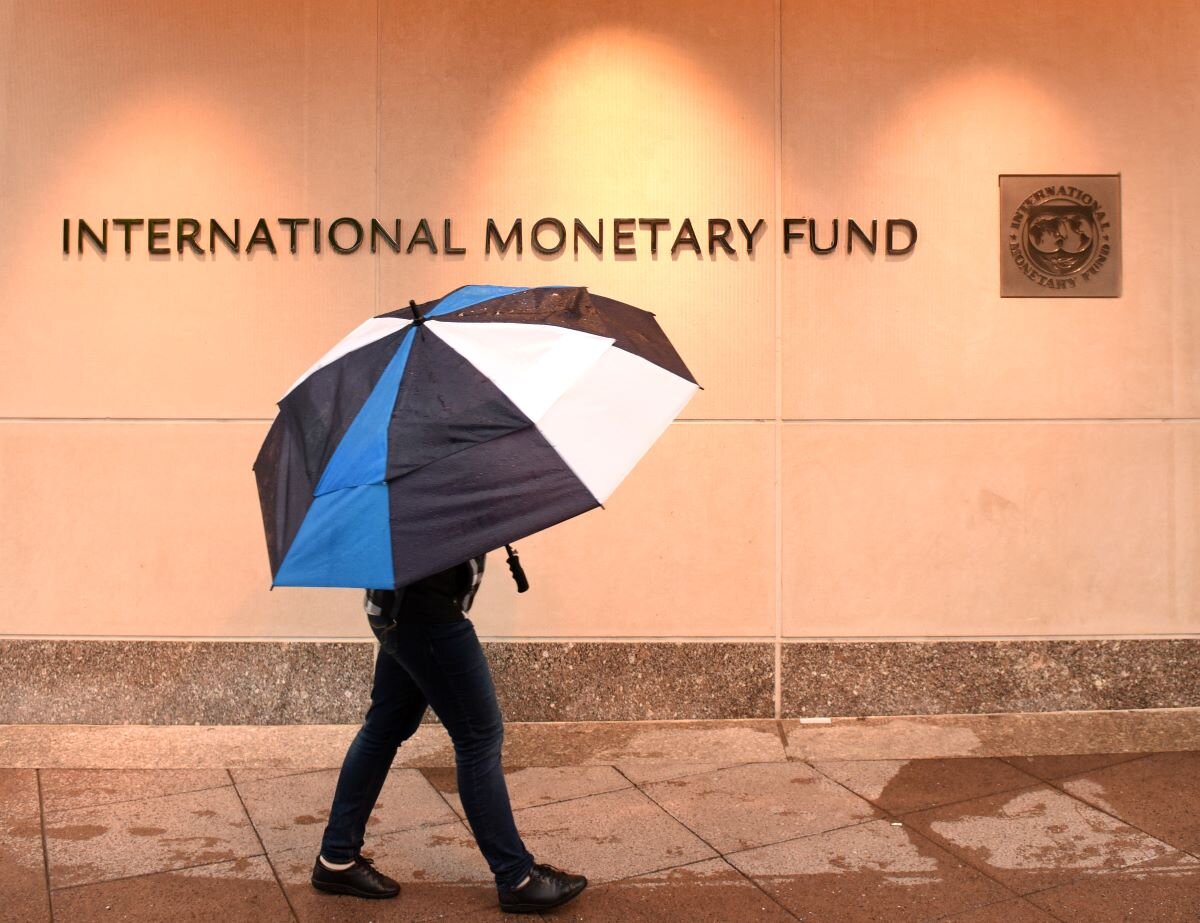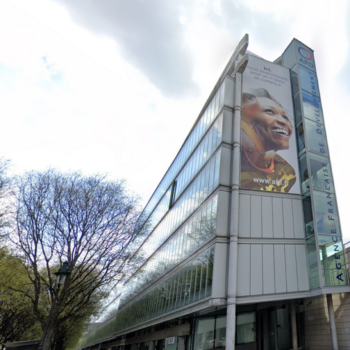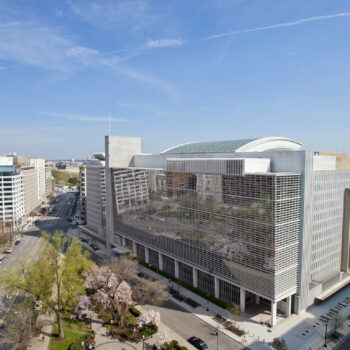April 29th at 09:30-11:00 ET / 14:30-16:00 BST / 15:30-17:00 CEST
Watch the live stream here:
Exogenous shocks like extreme weather events or pandemics can reverse years of hard-won development gains. COVID-19, by demonstrating the fragility and vulnerability of the global economy, may be just a foretaste of what is to come. Failure to invest in resilience will have wide-ranging implications for security, stability and social cohesion.
To help address this problem, the International Monetary and Financial Committee, the G20, and G7 called on the IMF to establish the Resilience and Sustainability Trust Fund (RST) to provide long-term financing not only to low-income economies but also to vulnerable middle-income countries, including small island states.
The IMF has been working on the design of this trust since it was announced in July 2021. Whilst the quantity of funding and the speed with which it is launched is important, a key element of the trust’s success will be its ability to support countries who, through no fault of their own, find themselves increasingly vulnerable to exogenous shocks. Despite positive progress on some technical aspects of the trust, with agreement on lengthy repayment periods and concessionally, some questions remain unanswered, including: what does the IMF mean by ‘resilience’ and how can it best support vulnerable countries in delivering it?
Clarifying the meaning of resilience in the Trust will ensure that its funds will be accessible to all countries that need it. Countries need support in ensuring they have the ability to bounce back as more climate-related events become more severe. This CGD / E3G hosted event will seek to define what resilience should mean for the Trust, and how it should be baked into its design to ensure its effectiveness.
Panellists
- Mahmoud Mohieldin, Egypt’s Climate Ambassador
- Hanan Morsy, Deputy Executive Secretary and Chief Economist, United Nations Economic Commission for Africa (UNECA)
- Nicoletta Batini, IMF Independent Evaluation Office
- Stephane Hallegatte, Senior Climate Change Advisor, World Bank
Moderators
- Dileimy Orozco, Senior Policy Advisor, E3G
- Mark Plant, Chief Operating Officer of CGD Europe, Co-Director of Development Finance, and Senior Policy Fellow
- Taylor Dimsdale, Director of Risk and Resilience program, E3G


